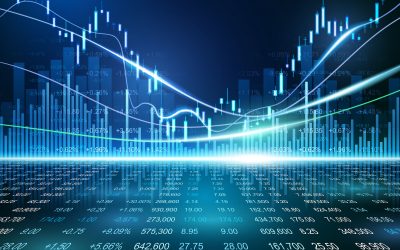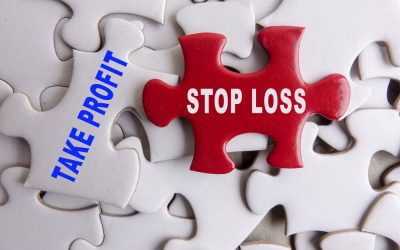
Brace yourselves for the ultimate weapon in your trading arsenal — an Economic Calendar, revealing the future of financial markets. So, why should you care? Let’s find out why an Economic Calendar is your new best friend.
Article content
Stay ahead of the game
An Economic Calendar is your secret weapon for staying ahead of the game. It gives you a heads-up about important releases like GDP data, nonfarm payrolls, jobless claims, interest rate decisions, etc. With this handy tool, you can adjust your trading strategies and avoid those facepalm moments when the market surprises you. Think of it as your trading compass, guiding you through the stormy seas of finance.
For example, when an Economic Calendar signals that a central bank is about to drop an interest rate bomb, you can be ready for the fireworks. You can brace for wild currency swings or take cover by adjusting your positions. No more playing catch-up with the market!
Earn with AMarkets. Start your trades with just a $100 deposit.

Embrace the volatility roller coaster
Fasten your seatbelts, traders, because an Economic Calendar is your ticket to the volatility roller coaster. Some economic events are like an adrenaline shot injected into the market’s veins. An Economic Calendar flags these events, so you can ride the waves and make serious profits.
Picture this: a major economic report is coming out, causing a market frenzy. With an Economic Calendar, you can buckle up and ride the volatility wave like a pro. Hold on tight and make those moves that leave others green with envy.
The power of number crunching
Geek alert! An Economic Calendar isn’t just about fancy dates and market drama. It’s a treasure trove of numbers that can unlock the secrets of financial markets. By tracking economic indicators and events, you can become a master of fundamental analysis. And who doesn’t want to be a master?
Plan like a trading guru
An Economic Calendar is your trading guru, helping you plan your moves like a boss. No more flying blind or shooting in the dark. With the Calendar as your sidekick, you can act strategically, smartly allocating resources and setting realistic profit goals.
Suppose you’re a short-term trader. And an Economic Calendar whispers in your ear about a game-changing economic release tomorrow. You might exit your positions before chaos ensues, avoiding unnecessary risks.

A short guide: how to work with Economic Calendar
Here’s a brief guide on how to effectively use an Economic Calendar.
- Familiarize yourself with the calendar: Understand the layout, navigation, types of economic events and indicators it covers.
- Identify important events: Look for high-impact events such as central bank meetings, major economic reports (e.g., GDP, employment data), interest rate decisions, or major geopolitical events. These are the events that are likely to have a significant impact on the markets.
- Filter by relevance: Most Economic Calendars offer filtering options. Customize the calendar based on your trading preferences, focusing on specific countries, currencies, or event types. You will narrow down the information and focus on what matters to your trading strategy.
- Set reminders: Once you have identified the events of interest, set reminders. And you won’t miss high-impact releases or announcements.
- Conduct pre-event research: Before a scheduled event, gather information about its significance, market expectations, and potential outcomes. It will give you a better understanding of the event’s possible market impact.
- Monitor market reactions: When the event occurs, monitor market reactions. Observe price movements, volatility, and trading volumes. Compare the actual data or outcome with the market expectations. It will help you gauge the market sentiment and adjust your trading strategy accordingly.
- Practice risk management: Major events can trigger volatility in market conditions. It’s crucial to employ proper risk management techniques such as setting stop-loss orders, diversifying your portfolio, and avoiding excessive leverage. It helps protect your capital from unexpected market movements.
- Learn from past events: After an event, review its impact and compare it to your expectations. Take note of how the market behaved, which factors influenced the price action, and how your trades performed. This analysis will help refine your future trading strategies and improve your decision-making process.
Remember, an Economic Calendar is a tool to guide your trading decisions, but you must combine it with your research, analysis, and trading expertise. Stay informed, adapt to market conditions, and continuously learn from your experiences to become a more successful trader.






